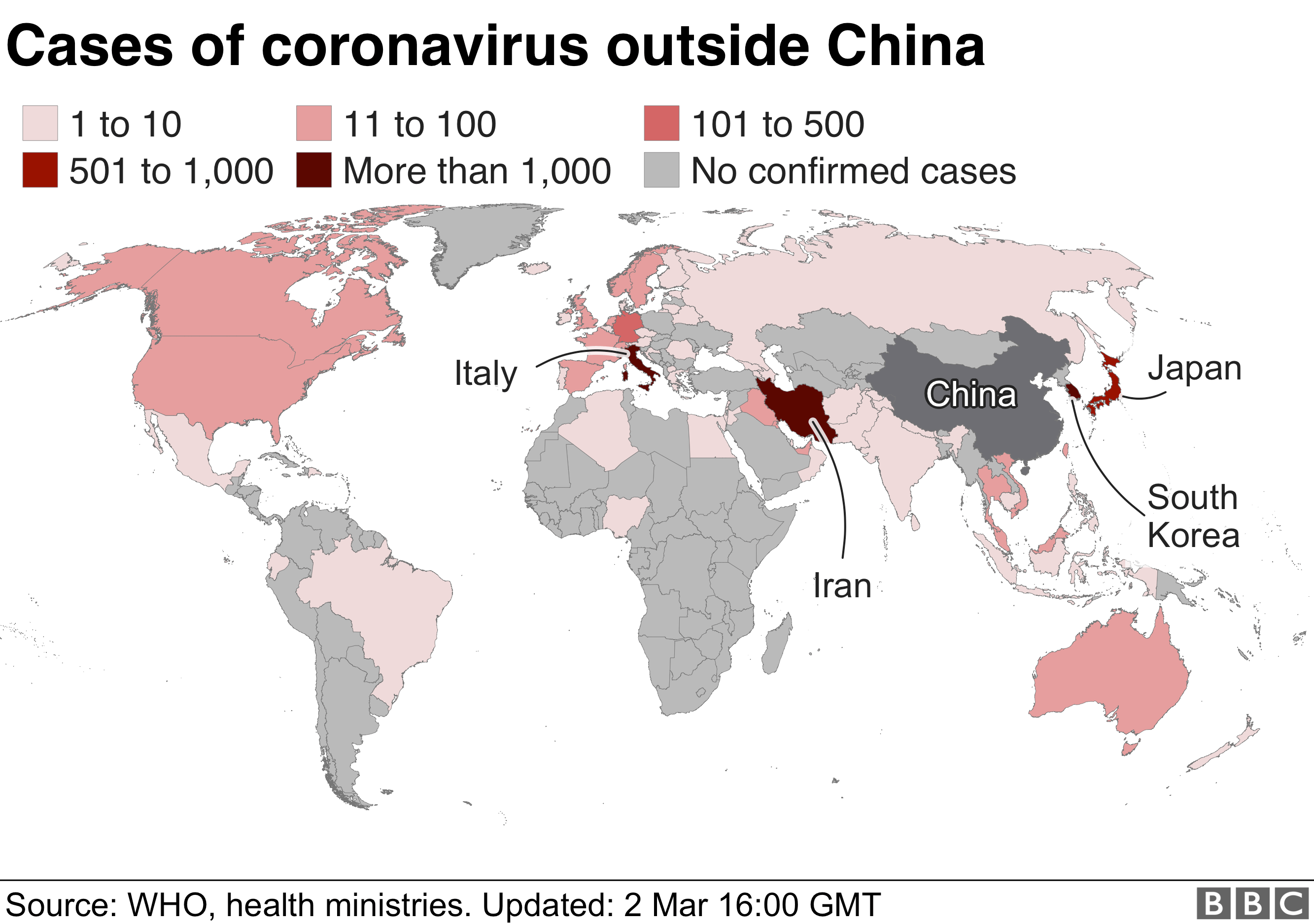Coronavirus outbreak ‘biggest tourism challenge since 1991 Gulf War’

The coronavirus crisis means tourism into Europe faces its biggest challenge since the 1991 Gulf War, a trade association has warned.
The threat posed by the virus and the “inherently irrational” fear generated by the threat has been highlighted as the two main problems by the European Tourism Association (ETOA).
Chief executive Tom Jenkins said: “The new coronavirus outbreak is posing extraordinary difficulties for the European Inbound travel industry.
“Inbound European tourism is facing its toughest challenge since the 1991 Gulf War.
“There are two principal problems: the threat posed by the virus, and the fear generated by this threat.
“The first is comprehendible: strains of ‘flu are regular occurrences, though not with this level of celebrity status. The news from China that the epidemic is plateauing is heartening, as are the statistics on the severity of its impact on individuals.
“The second is the major problem as it is inherently irrational. Local governments spray antiseptic over buildings. Facemasks are used as a prophylactic against disease rather than a block to spreading it.
“You cannot reason with such irrationality. All you can do is file it alongside the cholera bonfires of the nineteenth century, rubbing yourself with a dead pigeon to cure the plague or striking an offending body part with a bible to cure syphilis.”
He added: “At best this is harmlessly weird behaviour, but it becomes genuinely alarming when confidence is eroded.
“A balance has to be struck between containing what is becoming a pandemic and the damage such containment measures cause.
“The danger lies when governments act because they feel they need to pander to fear. This fans the problem that it ostensibly seeks to extinguish, as they struggle to control what they cannot influence.
“Public panic is a natural reaction to authorities addressing what they assert is a crisis with floundering impotence. What is served by a country stopping outbound trips, but allowing inbound visitors?”
ETOA expects coronavirus will continue to spread within the next three weeks, and then gradually “fizzle out” over the following six weeks.
“Influenza outbreaks are seasonal and dissipate with the spring. It is likely that the pandemic of fear will run for the same period,” Jenkins said.
“The third, which is the wider economic impact is harder to establish, but we have to assume that the impact of a shut down in the Chinese manufacturing sector, combined with a crisis of confidence in the service sector, will depress demand.
“How far this occurs is contingent on how governments handle the crisis. If the coronavirus scare triggers a recession, then the figures projected will have to be downgraded.
“It ought to be remembered that influenza outbreaks are seasonal: they tend to dissipate with the spring in the northern hemisphere. But it is likely that the pandemic of fear will run for the same period.”
ETOA operators will continue to run tours, unless “explicitly ordered otherwise,” Jenkins stressed.
“People from a non-affected area visiting another non-affected area pose no threat.
“As an association, we are running all scheduled events and attending all forthcoming events.
“Tourism is a vital component in the economy and a bell-weather for confidence in the service sector. Where it can continue, it must.
“We have every intention of running our China European Marketplace (CEM) in Shanghai on May 12 – this is where European suppliers meet Chinese buyers.
“China is a vital and growing market who now needs – it deserves – cultivation and support. The recovery will come, and we need to lay the groundwork now.”

No comments:
Post a Comment